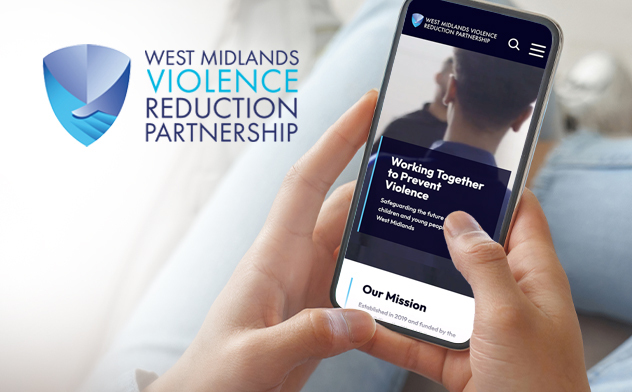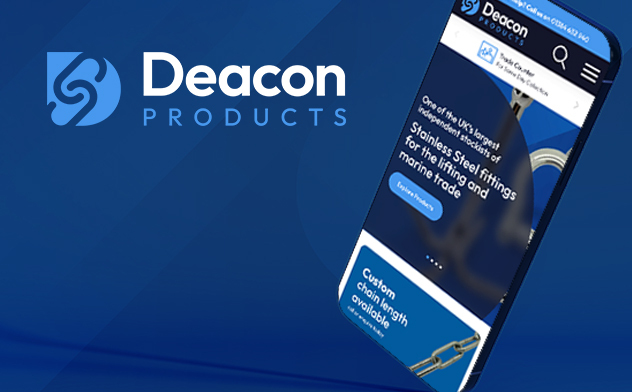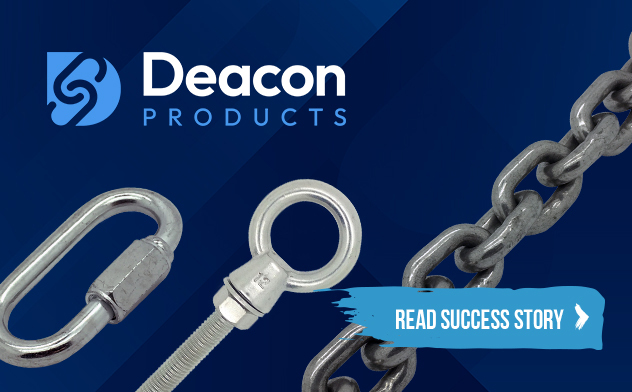I Have Had A Web Site Built, Do I Own It?
A frequent question posed to us is: "If you design our website, who owns it upon completion?" At West Midlands Media, we provide clarity on this matter in our proposals. Except for instances where the website is constructed on platforms like Wix or Shopify, which are self-hosted and non-transferable, our stance is straightforward. We firmly believe that once you've fully paid for the website, you should have complete ownership. Consequently, if the need arises, you can transfer it to a different hosting service or another web design agency.
Ownership of Design and Content
When you commission a website, make sure that your agreement or contract with the web design agency or freelancer clearly defines who owns the design and content. Generally speaking, you should be the owner of the design, branding, graphics, and original content that you have either supplied or paid to have created on your behalf once you have paid in full for a website design service. But sometimes there are exclusions, particularly when it comes to certain licence contracts for fonts, stock photos, or particular software. To prevent future disagreements, it is crucial to make sure that the conditions of ownership are understood from the start.
Transferring a Website
The platform your website is built on and the details of your hosting agreement will determine how easily you can transfer it to a new host or designer. It is fairly easy to move your website to a new host or assign it to a new designer if it is built on an open-source platform like WordPress. However, there might be limitations or particular procedures in place for exports and transfers for proprietary platforms or website builders. Always read the terms of service, and if at all possible, choose solutions that allow you to move your website without facing fines or losing data.
Open Dialogue and Future-Proofing
Beginning with an open discussion about ownership and future migration with your web designer or agency is crucial. Talk about your long-term goals with the other party before signing anything to make sure there are no restrictions on changing or moving your website as your company grows. Anticipating future hosting changes, design upgrades, or even total redesigns is essential to future-proofing your web presence. The ability to modify and manage your website is essential to the continuous expansion and liveliness of your online presence.




























